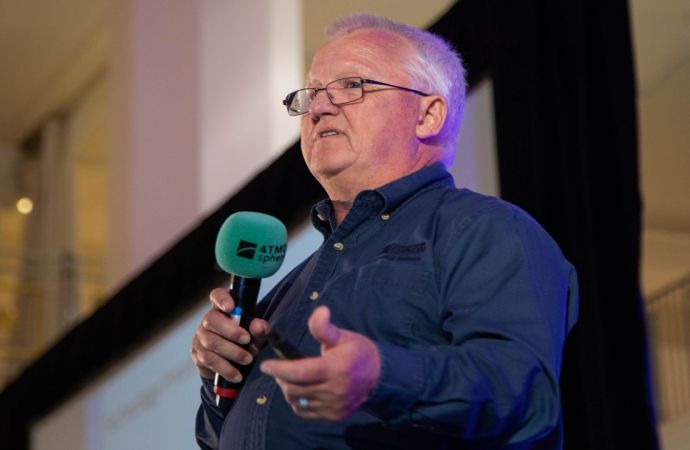Climate negotiators meeting in Egypt last week to discuss measures on how to upgrade the ozone layer treaty to assist the Kyoto Protocol could not agree on binding measures to stop global warming in the short term. Natural refrigerants were recognised as valid technology options but additional reports were commissioned to prove that they constitute ideal replacement solutions.

National representatives to the 21st Meeting of the Parties to the Montreal Protocol were asked to consider an extension of the scope of the ozone treaty to include high global warming F Gases in the basket of controlled substances, and hence to control and limit the production of high GWP hydrofluorocarbons (HFCs). The proposal was presented during the annual meeting of the Parties hosted in Port Ghalib, Egypt, from 4-8 November. It came from a group of developed countries, which felt that the Montreal patterns for banning substances that pose a risk to the ozone layer were also appropriate in the fight against global warming.
Natural Refrigerants recognised as alternatives
A clear opportunity to strengthen the role of natural refrigerants was missed as, following opposition by a group of developing countries, the proposal to extend the scope of the Montreal treaty to HFCs was dismissed. At present, HFCs fall under the remit of the Kyoto Protocol that aims at controlling greenhouse gases downstream emissions but has no say on production. Opponents of a widened scope of the Montreal scheme insisted that the control of production of F Gases should not be rushed pending clearer plans to divert from HCFCs in developing countries and the financing thereof.
However, participants to the meetings recognised that natural refrigerants have a role to play in the post-Kyoto era. The Parties to the Ozone Treaty will be provided with a deeper analysis about natural refrigerants technologies through the Technological Assessment Panel (TEAP) by mid-2010. Future actions to promote ammonia, CO2 and hydrocarbons at the UN level could be triggered by this report in 2010.
Copenhagen: Global deal unlikely
Parties attending the ozone treaty annual meeting in Egypt recognised the contribution of F Gases to climate forcing and agreed that action should be taken to address this problem but suggested that the Kyoto Protocol should handle this. An agreement in Copenhagen in December- to feature binding emissions, reductions targets, adaptation measures and their funding - is due to replace the Kyoto Protocol, which runs out in 2012. Meanwhile, the latest round of climate negotiations last week revealed slow progress when it comes to stopping global warming. Frustrated by developed countries' unwillingness to make firm commitments on emission cuts, delegates from the African nations decided to boycott the negotiations. This makes a complete Copenhagen deal in December very unlikely to happen.
Natural Refrigerants recognised as alternatives
A clear opportunity to strengthen the role of natural refrigerants was missed as, following opposition by a group of developing countries, the proposal to extend the scope of the Montreal treaty to HFCs was dismissed. At present, HFCs fall under the remit of the Kyoto Protocol that aims at controlling greenhouse gases downstream emissions but has no say on production. Opponents of a widened scope of the Montreal scheme insisted that the control of production of F Gases should not be rushed pending clearer plans to divert from HCFCs in developing countries and the financing thereof.
However, participants to the meetings recognised that natural refrigerants have a role to play in the post-Kyoto era. The Parties to the Ozone Treaty will be provided with a deeper analysis about natural refrigerants technologies through the Technological Assessment Panel (TEAP) by mid-2010. Future actions to promote ammonia, CO2 and hydrocarbons at the UN level could be triggered by this report in 2010.
Copenhagen: Global deal unlikely
Parties attending the ozone treaty annual meeting in Egypt recognised the contribution of F Gases to climate forcing and agreed that action should be taken to address this problem but suggested that the Kyoto Protocol should handle this. An agreement in Copenhagen in December- to feature binding emissions, reductions targets, adaptation measures and their funding - is due to replace the Kyoto Protocol, which runs out in 2012. Meanwhile, the latest round of climate negotiations last week revealed slow progress when it comes to stopping global warming. Frustrated by developed countries' unwillingness to make firm commitments on emission cuts, delegates from the African nations decided to boycott the negotiations. This makes a complete Copenhagen deal in December very unlikely to happen.
MORE INFORMATION
Related stories








